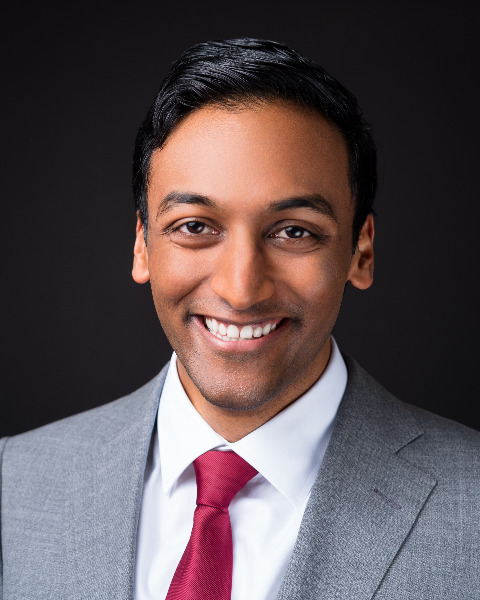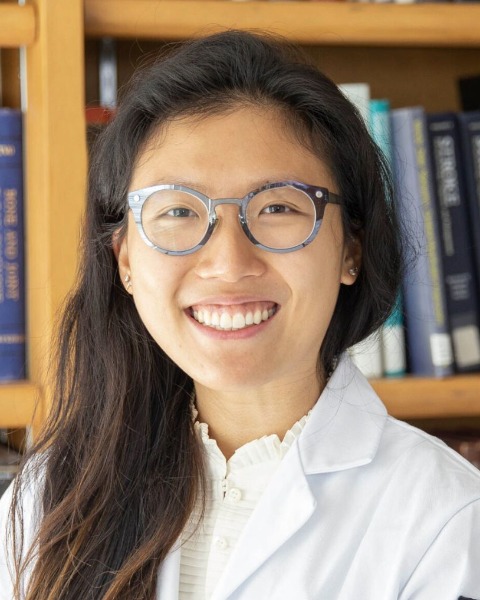Office-based Procedures
Modern Search Analytics: What Are Patients Asking About Varicose Vein Ablation?

Viknesh S. Kasthuri (he/him/his)
Medical Student
Warren Alpert Medical School of Brown University- JG
Julia S. Gillette, BA
Medical Student
Warren Alpert Medical School of Brown University 
Helen Zhang (she/her/hers)
Medical Student
The Warren Alpert Medical School of Brown UniversityDisclosure(s): No financial relationships to disclose
- SK
Soryan Kumar, BS
Medical Student
Warren Alpert Medical School of Brown University 
Jessica Yoon, MD, MBA (she/her/hers)
Resident
Brown University / Rhode Island Hospital- SA
Sun-Ho Ahn, MD
Associate Professor
Warren Alpert Medical School of Brown University
Author/Co-author(s)
Presenting Author(s)
Author/Co-author(s)
Patients considering treatment for varicose veins often turn to the web to search for information. For each search term, Google compiles frequently asked questions and links users to websites with answers. This study characterizes this data for varicose vein ablation (VVA), which may help IR improve patient education and counseling.
Materials and Methods:
SearchResponse.io is a commercial marketing database containing questions and links from Google’s “People Also Ask” section. For VVA, the database was queried for “Varicose Vein Ablation”, “Vein Ablation”, “Endovenous Ablation”, and “Laser Varicose Vein Surgery”. Questions were first categorized into Fact, Policy, and Value using Rothwell’s classification prior to subcategories (Fact: Specific Activities & Restrictions, Recovery, Technical Details, Cost, Condition Details; Policy: Indications, Management of Risks & Complications; Value: Pain, Evaluation of Symptoms, Evaluation of Intervention). Websites were classified into five categories (Commercial, Academic, Medical Practice, Government, and Social Media). Two reviewers performed the classification; a third reviewer resolved discrepancies.
Results:
A total of 408 unique questions were extracted from 192 unique links at 135 unique domains. The most popular subcategories were recovery (104, 25.4%), technical details (81, 19.8%), evaluation of intervention (68, 16.6%), cost (66, 16.1%), pain (52, 12.7%), specific activities & restrictions (14, 3.4%), other [vein clinics and physician specialty] (8, 2%), indications (7, 1.7%), condition details (6, 1.5%), management of risks/complications (2, 0.5%), and evaluation of symptoms (1, 0.2%). 176 (43%) of the websites were medical practice, 119 (29.1%) were academic, 58 (14.2%) were government, 53 (13%) were commercial, and 2 (0.5%) were social media. The most asked questions dealt more with pain (p = 0.03) and less with cost (p = 0.02).
Conclusion:
Patients seeking information about VVA are most interested in the recovery process and technical details to help them evaluate the procedure. The prevalence of recovery and pain questions suggests that patients may be weary of longer recovery and pain attributed to surgical varicose vein treatments and are interested less invasive options. Questions about provider specialty and facilities suggest that patients likely research and compare different specialties that offer the same services. This suggests that IRs should consider providing more patient-facing information about addressing pain, recovery, and technical details of VVA.

.png)
.png)
.png)
.png)
.jpg)
.jpg)
.jpg)
.png)
.png)